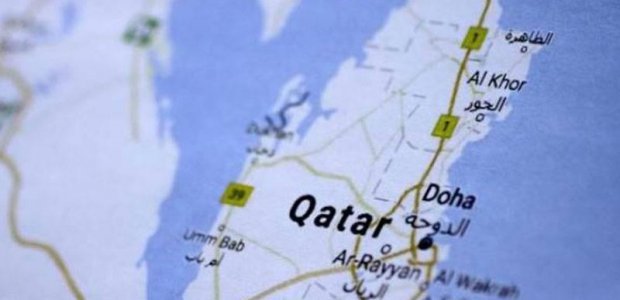Qatar’s gigantic role in global LNG supply, combined with major interests maintained by key energy companies, including ExxonMobil, is helping contain tension over terrorism-sponsoring concerns linked to this Arab state.
In addition, a fuel price increase by any supply reduction would lead to economic problems for countries and regions dependent on natural gas imports, including the EU, Japan, China and India.
Last year, Qatar’s LNG exports represented 30 percent of the global market for this fuel, making the country the world’s market leader. Supply of such magnitude could not be replaced if the blockade imposed on Qatar were to include energy sanctions.
Qatar exported 79.62 million tons of LNG in 2016 and Qatar Petroleum was ranked the world’s fourth largest oil and natural gas producer.
Investments made in Qatar by foreign oil petroleum companies increase the difficulty of implementing any decisions that would broaden the blockade imposed on this major LNG exporter.
ExxonMobil, for example, until recently headed by the current US Secterary of State Rex Tillerson, holds a key stake in Qatar Petroleum, while France’s Total, another American enterprise, Occidental Petroleum, and the UAE’s national oil company have joined forces as operators of the Dolphin pipeline, exporting Qatar natural gas to the UAE at a rate of two billion cubic feet per day.
These factors indicate that Qatari natural gas exports will, for the time being, not be affected by any trade sanctions on Qatar.
Greek shipping companies are also greatly contributing to the transporation of natural gas in the wider region. Maran Gas, headed by Yiannis Aggelikousis, is a key partner of Qatar Nakilat, a joint venture established in 2005.





